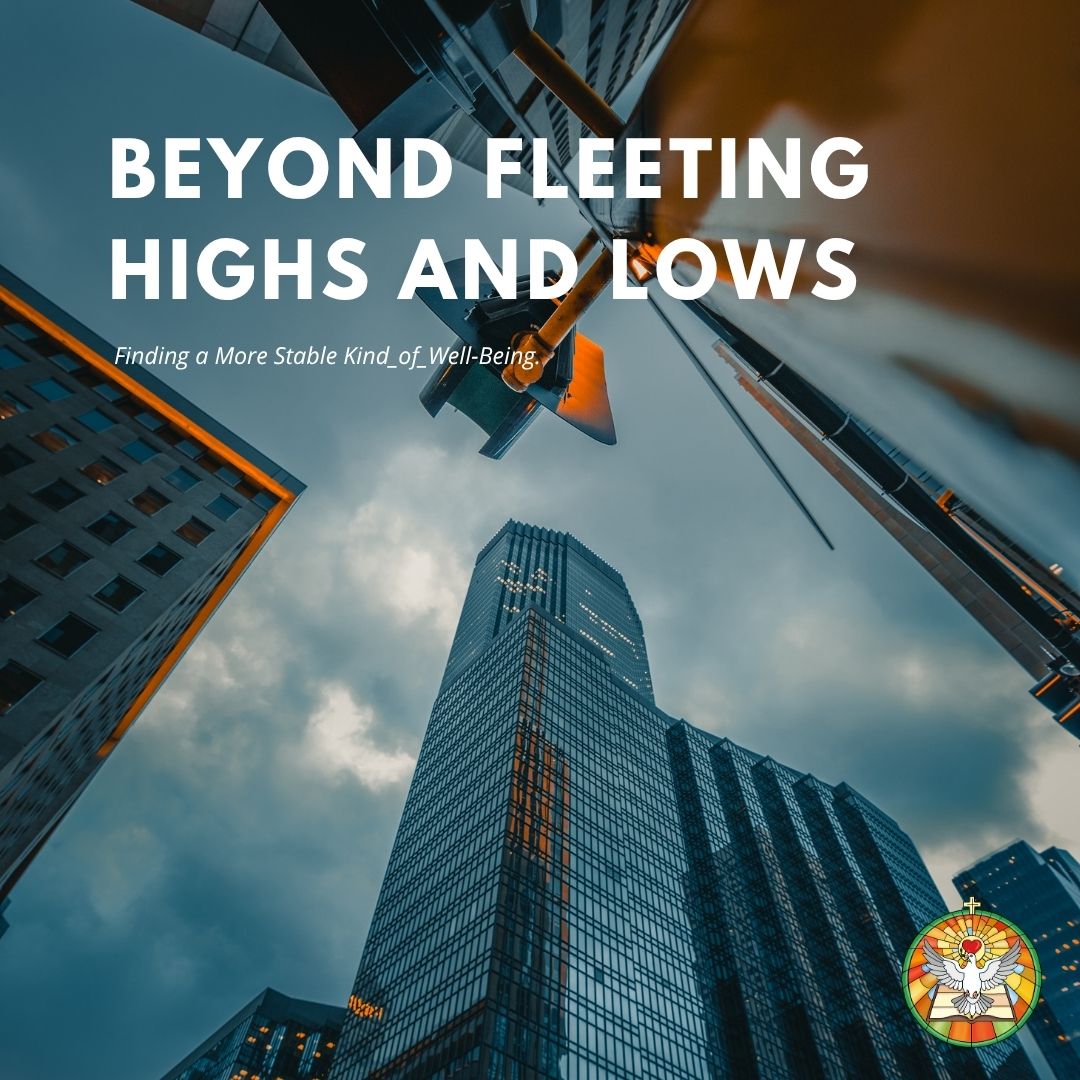
Ever heard that some philosophies seem to suggest life is just one big bummer, that it's all about "suffering"? It’s a common takeaway, especially when deep ideas get oversimplified. But what if that’s missing the point?
The truth is, many wisdom traditions aren't about being negative (or forcing a fake positivity, for that matter). They’re about looking at life with clear eyes – seeing it as it actually is, not just how we wish it would be or how we fear it might be. It’s not about offering a quick escape to some fantasy paradise.
Think about all the things we label "good" or "bad" in our lives. We have moments of joy, excitement, and pleasure – getting that new gadget, acing an exam, a great night out with friends. We also have moments of pain, frustration, and sadness – a breakup, a job loss, or just a really bad day.
Here’s a key idea: even our best moments and our worst moments, and everything in between, often exist within a larger context of what we could call a fundamental "unease" or "unsatisfactoriness." Let's call this underlying current "Dukkha" (a classic term for it, pronounced sort of like 'doo-kah'). It doesn't just mean "pain" in the ouch-that-hurts sense. It’s more like a baseline hum of stress, an inherent instability in our experiences because, well, life is constantly changing.
Imagine a couple of chickens in a coop. They're pecking around, maybe one finds a juicy worm (a "high!") and another gets shouldered out of the way (a "low!"). They might argue about which grain is tastier or who has the better spot. But they’re completely unaware that in a few hours, they’re both destined for the dinner table. Their little coop-based joys and sorrows are real to them, but they’re happening within a much bigger, more precarious situation. Their real problem isn't missing out on a worm; it's the coop itself and what it means for their future. True "happiness" for those chickens wouldn't be just getting more corn; it would be getting out of the coop entirely.
Our human situation can be surprisingly similar. We chase fleeting pleasures and try to dodge discomforts, but all these experiences are built on things that don’t last and aren't really under our complete control. That’s why even our highs can feel a bit fragile, and why the real goal isn't just to swap out "bad feelings" for "good feelings" in an endless, superficial game. The aim is to find a deeper kind of freedom – freedom from that whole rollercoaster of being jerked around by temporary states. This deeper freedom, this stable well-being, is a different kind of "happy" altogether.
So, if we use this broader idea of "Dukkha" as a general sense of unsatisfactoriness, it includes:
- The impermanent nature of things.
- The fact that there’s no fixed, unchanging "us."
- The often illusory or relative nature of our experiences.
There are generally three main ways this "Dukkha" shows up:
-
Obvious Pain & Discomfort (The "Ouch" Factor): This is the straightforward stuff – getting sick, the pain of loss, the frustration of not getting what you desperately want, arguments, breakups. It’s physical and mental suffering we all recognize.
-
The Unreliability of Pleasure (The "Good Times Don't Last" Factor): Even the best feelings fade. That amazing vacation ends. The thrill of a new purchase wears off. When pleasure disappears, we can feel a sense of loss or a new craving. This constant change and the eventual decay of pleasant things is itself a form of Dukkha.
-
The Background Hum of Being "Under Construction" (The "Everything-is-Temporary" Factor): This one’s a bit deeper. It relates to how we even exist as individuals. What we call "me" or "I" isn't a solid, unchanging thing. It's more like a dynamic process, a combination of constantly shifting components:
- Our Physical Selves (Form/Matter): Our bodies, senses, the physical world we interact with.
- Our Feelings (Sensations): Pleasant, unpleasant, or neutral feelings that pop up from our interactions.
- Our Perceptions/Labels (Cognition): How we identify and categorize things ("that's good," "that's bad," "that's a tree").
- Our Mental Habits & Reactions (Volitions/Formations): Our thoughts, intentions, biases, moods, decisions (like anger, generosity, determination, anxiety). These create momentum in our lives.
- Our Basic Awareness (Consciousness): The capacity to know or register that something is happening.
All five of these "bundles" are constantly changing, arising and passing away moment by moment. There's no permanent CEO "Self" in charge, calling all the shots from a fixed control room. Believing there's a solid, unchanging "me" at the core of all this flux is a deep-seated misunderstanding that can cause a lot of underlying stress. This fundamental impermanence and insubstantiality of our "selves" is this third kind of Dukkha. It's the subtle stress of being a temporary collection of processes in a world of temporary processes.
Now, this might sound like a downer, but here’s the twist: truly understanding this impermanence and the fluid nature of ourselves isn’t depressing. It's actually incredibly liberating. People who deeply grasp this reality don't become sad and hopeless. Quite the opposite! They often experience a profound sense of peace, resilience, and joy. Think of those serene, smiling Buddha statues you sometimes see – they're not smiling because they're ignorant of life's difficulties, but because they understand the nature of things so deeply that they're no longer shaken by the constant change. The ups and downs of life don't throw them off balance.
So, what’s the takeaway for finding a more stable kind of well-being? It’s not about frantically chasing pleasures (especially those driven by cravings that just lead to more cravings and eventual disappointment) or just trying to numb out pain. It’s also not about pretending that happy moments are somehow secretly painful. Instead, it’s about wisely looking at the causes of our deeper dissatisfactions. Often, those fleeting, desire-driven pleasures can themselves become sources of future unease.
The ultimate aim is a kind of liberation: to see clearly the way things are (impermanent, interconnected, without a fixed self), to free ourselves from being constantly yanked around by our attachments and aversions, and to meet life's inevitable changes with a calm, open, and peaceful heart. That’s a happiness that doesn’t break when things get tough.




